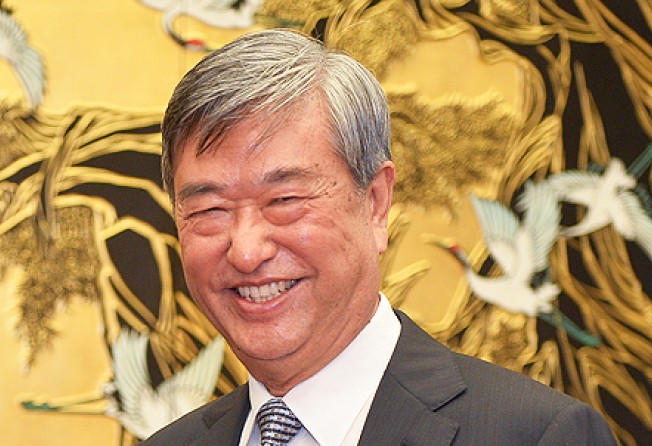Head of Xinhua accuses Western media of pushing revolution in China

Western media organisations are trying to demonise China and promote revolution and national disintegration as they hate seeing the country prosper, the head of China’s official Xinhua news agency said in comments published on Wednesday.
China’s ruling Communist Party has in recent weeks been tightening controls over the internet and reminding state media of its responsibility to promote a “correct political direction”, as President Xi Jinping dashes hopes his administration will embark on political reforms.
China also needed to combat the distorted view the Western media gives of the country and reject their anti-China plotting, Li Congjun, president of Xinhua, wrote in the Party’s official People’s Daily.
“Some hostile Western forces and media do not want to see a prospering socialist China and target the spear of Westernisation, separation and ‘colour revolution’ at China,” Li wrote in a column.
They “use their powerful dissemination abilities to massively play up the ‘China threat theory’ and the ‘China collapse theory’, creating rumours to attack and vilify our country and party which harms our interests and national image”.
“Overall, global opinions are still dominated by Western media outlets, and China’s capacity to make its own voice heard fails to match its international standing,” Li wrote.
He did not give examples of Western media organisations but China has long been suspicious of the European and US media.
Last year, China labelled as a “smear” a New York Times report that then-premier Wen Jiabao’s family had accumulated at least US$2.7 billion in “hidden riches”.
Li called on mainstream Chinese media to refute “untruthful reports” as part of efforts to give China a bigger say on the world stage and burnish its much-vaunted efforts at soft power.
“We must continue to be creative in foreign propaganda efforts ... to tell China’s story well, explain China’s special characteristics and proactively publicise the polices and positions of the party and government,” Li said.
China has poured money into trying to get its voice heard internationally, including English-language television news channels, but they are still widely regarded in Western countries as heavily slanted towards the Chinese government.
While China allows several hundred foreign reporters to be based in the country, they face restrictions ranging from police harassment when covering some news, such as protests, to a lack of access to government officials.
Li said China’s media needed to do better at using social media and “take the initiative in leading public opinion in new media”.
“If we cannot effectively rule new media, the ground will be taken by others, which will pose challenges to our dominant role in leading public opinion,” he said.